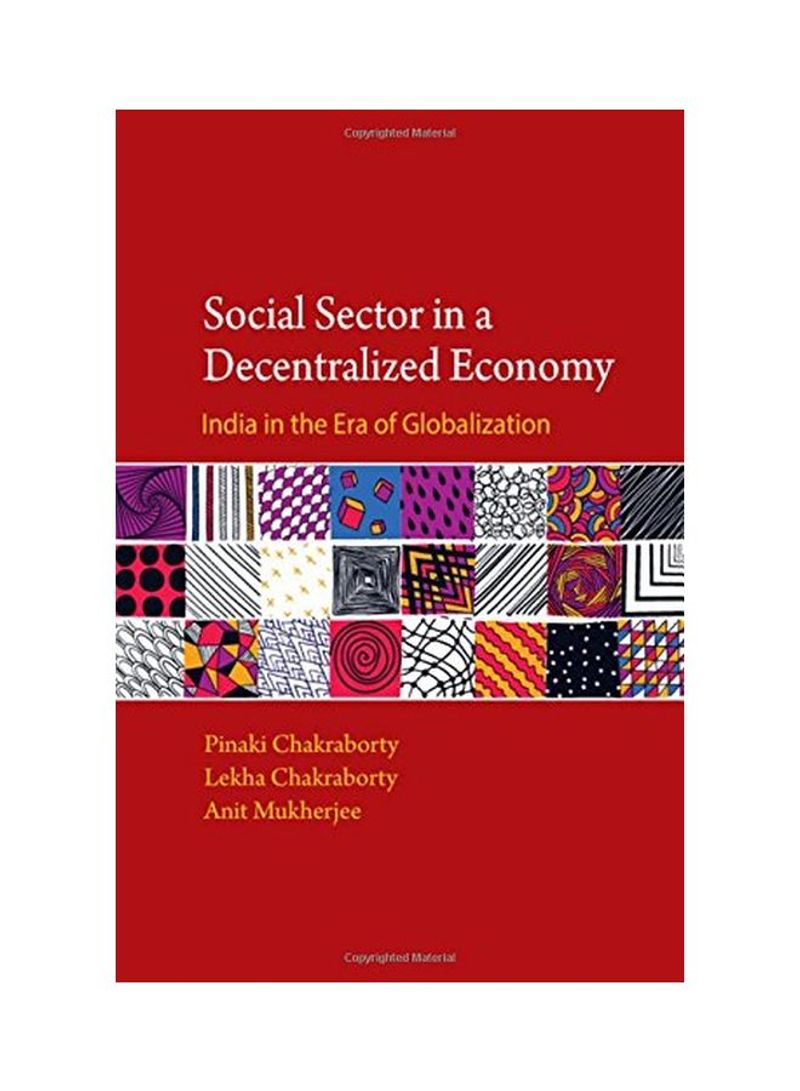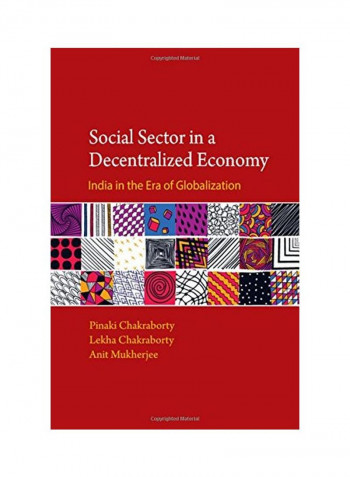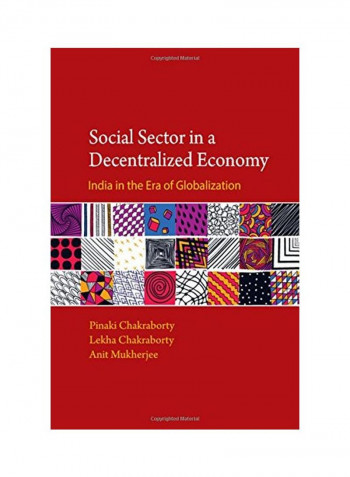Social Sector In A Decentralized Economy: India In The Era Of Globalization Hardcover
Recommend
Sort by
Rating
Date
Specifications
Country of Origin
India
Author 1
Pinaki Chakraborty
Book Description
This book is an analytical examination of financing and public service delivery challenges in a decentralized framework. It also provides critical insights into the effectiveness of public expenditure, through benefit incidence analysis of education and healthcare services in India. The benefits of decentralization always come with conflicts and trade-offs. By unpacking the process of decentralization, the authors identify that 'unfunded mandates', arising from the asymmetry between finances and functions at local levels, are a major challenge. The analysis is carried out by distilling the existing studies in this area, and through an empirical investigation of public finance data at different public sector levels in India, as well as in some selected developing countries. Using the household survey statistics of consumption expenditure, an analysis of utilization or benefit incidence of public spending on social sectors in India is achieved, covering education and health sectors.
ISBN-10
110710856X
ISBN-13
9781107108561
Language
English
Publisher
Cambridge University Press
Publication Date
01 Sep 2017
Number of Pages
221
About the Author
Pinaki Chakraborty is a Professor at the National Institute of Public Finance and Policy, New Delhi. Lekha Chakraborty is an Associate Professor at the National Institute of Public Finance and Policy, New Delhi. Anit Mukherjee is a Policy Fellow at the Center for Global Development, Washington, DC.
Author 2
Lekha Chakraborty
Author 3
Anit Mukherjee
Editorial Review
Ravi Kanbur, T. H. Lee Professor of World Affairs and International Professor of Applied Economics and Management, Cornell University "Mehrotra addresses each welfare dimension with crisp histories of programmes that were introduced for each area. Diagnosis flows naturally from these two elements and translates effectively into practical policy recommendations. This book will become a standard reference for anyone wanting to understand why things are the way they are in India's welfare state and what must be done about it."



